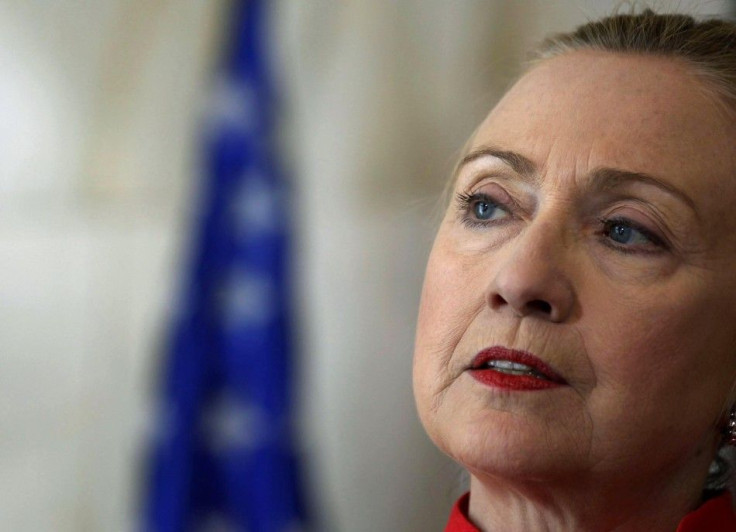US Resumes Foreign Aid to Egypt Despite NGO Controversy

U.S. Secretary of State Hillary Clinton announced that the U.S. will continue to provide its annual $1.3 billion of military aid to Egypt, despite recent crackdowns by Egyptian officials on foreign pro-democracy non-governmental organizations (NGOs).
According to a senior U.S. State Department official, this decision to resume aid upholds the U.S.'s overarching goal: to maintain our strategic partnership with an Egypt made stronger and more stable by a successful transition to democracy.
However, the decision has been met with a lot of criticism.
What has made this move especially controversial is not that the U.S. is providing aid to Egypt -- indeed, the two countries have had strong relations for thirty years and the U.S. has provided billions of dollars of assistance on an annual basis. Rather the criticism stems from the fact that Secretary Clinton waived the conditions that Egypt was required to meet in order to receive the aid.
Congress had put in place very specific conditions that Egypt must adhere to in order to recieve U.S. largesse.
Reuters reported that for the U.S. military aid to flow, the law requires Clinton to certify that the Egyptian government is supporting a transition to civilian government, including holding free and fair elections, and implementing policies to protect freedom of expression, association, religion and due process of law.
However, Clinton was able to waive those provisions on the basis of national security and decided to resume aid to Egypt without ensuring that the Egyptian transitional government has met them. Many fear this sends the wrong message to Egypt.
Senator Patrick Leahym (D-Vt.), who helped write the law that reinstated the foreign aid provisions, has openly expressed his unhappiness with Clinton's decision, saying that more progress must be made in Egypt's transition to democracy before funds are transferred.
For example, he recalled the recent Egyptian crackdown on foreign, pro-decomcracy NGOs that has caused many to question Egypt's committment to democracy.
I know Secretary Clinton wants the democratic transition in Egypt to succeed, but by waiving the conditions we send a contradictory message. The Egyptian military should be defending fundamental freedoms and the rule of law, not harassing and arresting those who are working for democracy, Leahy said.
Clinton, on the other hand, feels that it is essential to U.S. national security interests to resume aid to Egypt. This decision to resume aid seems to support the remarks she made to the UN Security Council in early March expressing her belief that foreign economic aid is critical and especially pressing to ensure a peaceful and democratic transition in Egypt:
Our experience elsewhere in the world has taught us that successful political transitions are those that quickly deliver economic results -- job opportunities and the hope for a better future. To succeed, the Arab political awakening must also be an economic awakening. Governments across the region who share these priorities will need to keep making the sometimes difficult policy choices required to build a foundation for inclusive, private sector-led growth...the international community must provide strong support for the IMF to quickly conclude an economic reform and stabilization program with Egypt.
The U.S. will release funds in small increments to U.S. military and security contractors who have been providing assistance and training to the Egyptian military following the overthrow of Hosni Mubarak's regime in February 2011.
Furthermore, as funds are transferred, Clinton must closely monitor Egyptian progress towards democracy. It remains to be seen what effect U.S. funds will have on the Egyptian democratic transition.
© Copyright IBTimes 2024. All rights reserved.





















